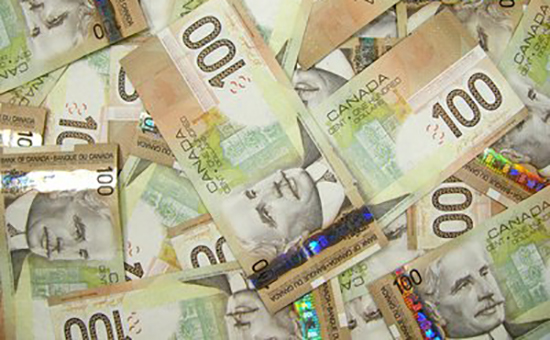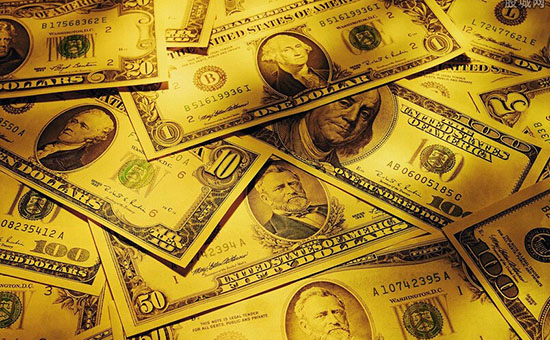Abstract: Goldman Sachs still recommends shorting the US dollar against the Canadian dollar a few days ago, but some analysts believe that Biden's large-scale stimulus measures may induce inflation, which will prompt the Fed to raise interest rates in advance, which may become an opportunity for the dollar to come back.
On January 25th, the U.S. dollar index fell slightly, and the U.S. dollar against the Canadian dollar fell as of the tentative report. Goldman Sachs still recommends shorting the US dollar against the Canadian dollar a few days ago, but some analysts believe that Biden's large-scale stimulus measures may induce inflation, which will prompt the Fed to raise interest rates in advance, which may become an opportunity for the dollar to come back.
Goldman Sachs recommends shorting the US dollar against the Canadian dollar
In view of the weakening of the U.S. dollar, the U.S. dollar has remained low against the Canadian dollar recently and fell to 1.2590 last Monday. The weakness of the US dollar may continue. Goldman Sachs still recommends shorting the US dollar against the Canadian dollar.
Goldman Sachs said a few days ago that it is still the best way for us to express our views on the global growth of the G10 foreign exchange market by shorting the US dollar against a basket of Canadian dollars and Australian dollars with equal weights.
Goldman Sachs pointed out that thanks to the control of the epidemic, the high beta of global economic growth and oil prices, and policy prospects, the Canadian dollar should continue to participate in the widespread weakness of the US dollar. Our higher-than-consensus growth view should also support the continued rise of oil prices in 2021. More fiscal stimulus in the United States strengthens this view, which will boost the Canadian dollar and other crude oil exporting currencies. In addition, although the Central Bank of Canada maintains its current monetary policy stance, the statement implies that if the economy and inflation are broadly in line with or stronger than expected in the future, it may reduce the scale of bond purchases.

Biden's massive stimulus measures may induce inflation
The newly appointed US President Biden is trying to promote a 1.9 trillion US dollars economic stimulus plan. Current programs include issuing checks directly to millions of Americans, increasing unemployment benefits, more than doubling the minimum wage, providing assistance to state and local governments, and funding for new crown virus vaccines and testing.
However, market analyst Jeff Cox pointed out that many Republicans in Congress do not want this plan, and the US economy may not need this plan either. Republicans opposed the plan because of its high cost, especially the $350 billion allocated.
The analysis pointed out that if all the provisions are passed, Biden’s stimulus plan will exacerbate loopholes in the federal budget and bring dangers in the near future, such as high inflation, which may eventually hurt the part that needs help most. American people.

The US federal government’s “stretched” fiscal situation has been very serious before. After two rounds of economic stimulus measures last year, the situation has intensified. Biden’s new measures will undoubtedly worsen the situation.
Paulson, chief investment strategist at Leuthold Group, said that in the long run, it is only the poorest people who may end up suffering from injecting too much capital.
The analysis pointed out that if Biden launches more stimulus, it may trigger inflation. At that time, the Fed may have to raise interest rates early due to inflation, and the weakening of the dollar index may be reversed.
